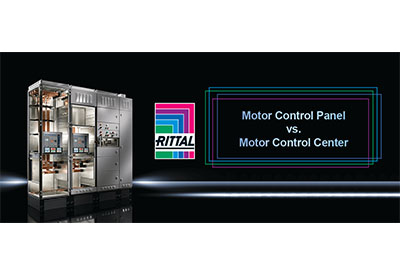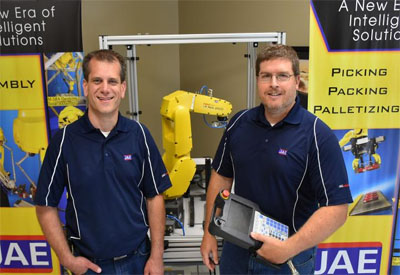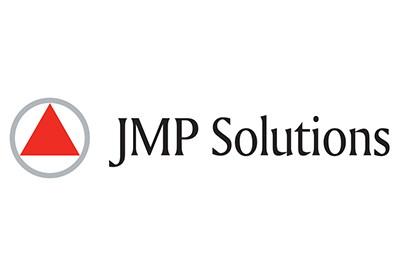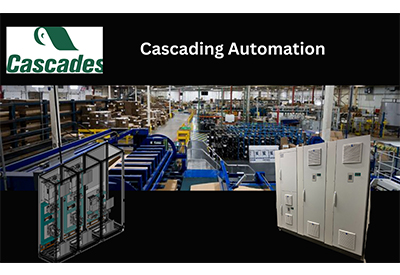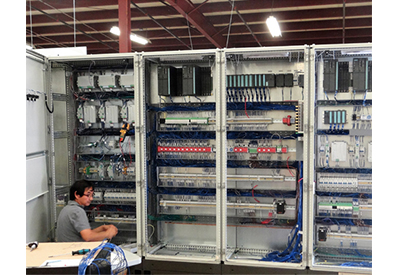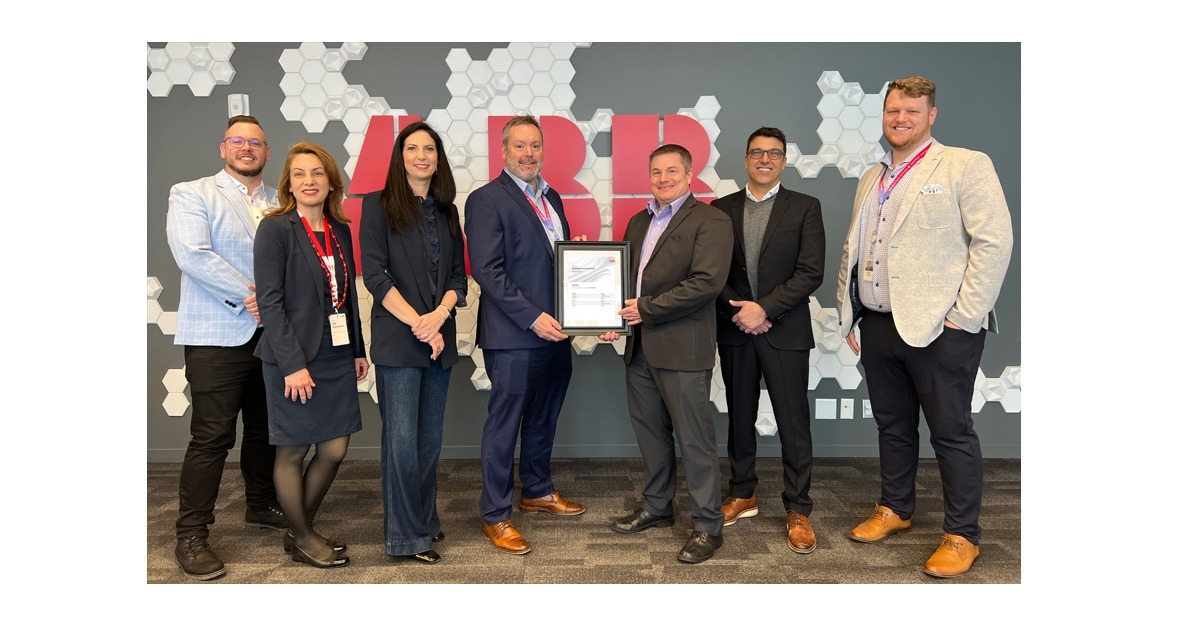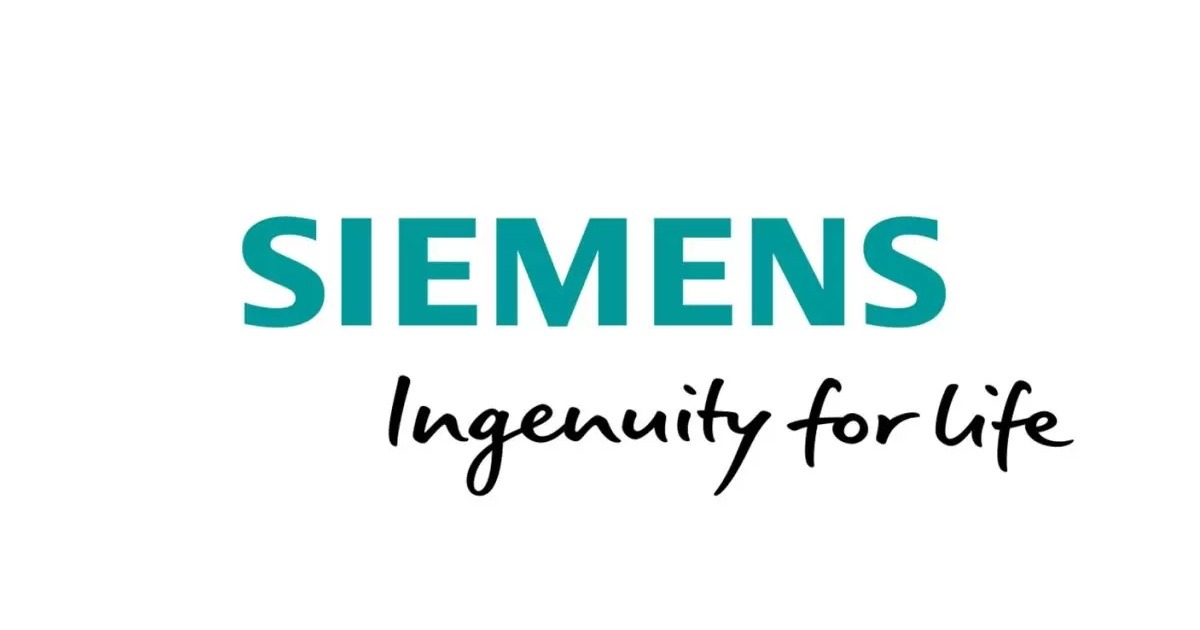Are You Ready for Next Level Decision-Making?

June 18, 2021
By Luke Manier, Manager, Consulting Partnerships, Rockwell Automation
Chances are, you’ve heard the expression “drowning in data.” And if you’re in the CPG industry, you’ve seen the proliferation of intelligent devices and data collection on the plant floor – and the quest for more data extending across all functions of your organization.
Marketing tracks consumer behavior and trends – and must respond to consumer expectations for supply chain transparency. Strategic sourcing gathers supplier data. And the plant floor collects production KPIs. The data produced by one functional group may meet its specific needs.
But oftentimes data remains trapped in “functional silos.” And CPG companies miss the opportunity to leverage it more broadly and enable better visibility to actionable information across the enterprise.
Here’s one example. Manufacturing has at their fingertips much data related to yield and quality that can be traced back to raw material providers. That type of information could be very beneficial to the sourcing organization as they make buying decisions to fully optimize desired outcomes.
However, when sourcing chooses suppliers, they typically do not have the tools to easily integrate production-related performance data with historical supplier performance data.
Connecting that information and making it useful for decision-making is the riddle digital transformation promises to solve.
But while the COVID-19 pandemic accelerated the digital transformation journey for some, the majority of CPG companies struggle to maintain momentum. In fact, this study indicates that most CPG companies remain in the pilot phase.
Why Digital Transformation Stalls at CPG Companies
During the past few years, we have had the opportunity to work with many CPG companies that are looking for better ways to leverage their digital investments. During our engagements, we have uncovered some of the most common reasons why they have made limited progress. Maybe some resonate with your organization:
- – Company efforts are halted because senior leadership isn’t convinced of the ROI on key digital concepts
- – Good progress is made during proof-of-concept and pilot phases, but projects don’t move forward because they are not designed to easily scale – or they lack buy-in across the organization
- – Solutions are focused on challenges faced by a single function in the business – for example, engineering, operations or supply chain – rather than approached holistically
- – The company takes a “technology first” approach to digital transformation and initial investments are skewed heavily toward technical capabilities, which results in a longer time to value
What do all these issues have in common? Typically, all result from a lack of both executive sponsorship at the outset – and a cohesive digital strategy tied to an end goal.
Regain Momentum with an Outcome-Based Strategy
The successful path to digital transformation does not start with technology or data. It starts with a clear vision of the outcomes you want to achieve – and the problems you are trying to solve.
And when it comes to maintaining momentum and executive support, it’s important to “think big, start small and scale fast.” In other words, identify a few of the most impactful outcomes on high-value use cases from the start – and prioritize proving that value rapidly and incrementally.
For example, one food company we worked with had siloed applications and non-standard KPIs across 350 beverage and snack plants worldwide. Because plant systems varied and metrics were calculated and displayed differently, the company was unable to easily compare performance, collaborate across sites and standardize improvements.
This company started by “thinking big” and identified a clear objective for their digital initiative: Deliver actionable information and improve line coordination and collaboration across the enterprise. But they started relatively small by deploying an IoT platform across a limited number of sites.
The IoT platform provides role-based access to standardized metrics and information despite numerous systems.
For instance, OEE is calculated and displayed consistently even though systems vary by plant.
And the platform enables operators to access information through a universal user interface rather than multiple MES and supervisory systems.
The result? The company now has the actionable information they need to collaborate and coordinate operations – and have realized a 5-8% improvement in productivity. Currently, they are working to deploy the IoT platform across the rest of their sites.
It Takes an Ecosystem of Partners
Taking that first step – and identifying both a clear vision and the roadmap that will lead to success – isn’t easy. And as more CPG companies set their sights on transformative outcomes that require insights from across the enterprise – like yield optimization – they are beginning to realize that it takes an ecosystem of partners to achieve their goals.
But as I’m sure you have noticed, today’s ecosystem is very complex and rapidly changing. Every day, new companies enter the market claiming to have technologies, services and solutions for smart manufacturing and connected operations.
Some of these organizations and technologies will survive and thrive. Others will not.
So how do you limit your risk and move forward? We recommend that companies align with industry leaders that have both the subject matter expertise – and the technology – to support digital transformation.
Pick a handful of leading companies that understand the OT space and the IT space – and know how to leverage OT/IT convergence. Even better, choose companies that have already formed strategic partnerships and working models to help minimize your risk.

